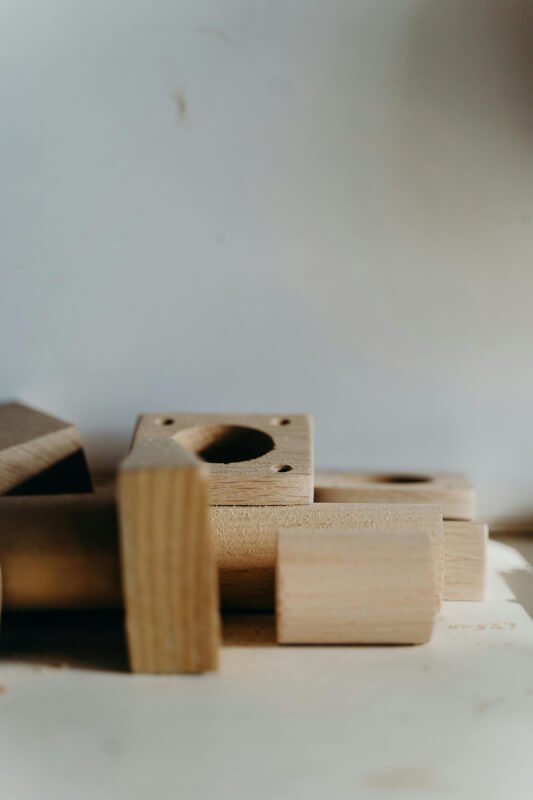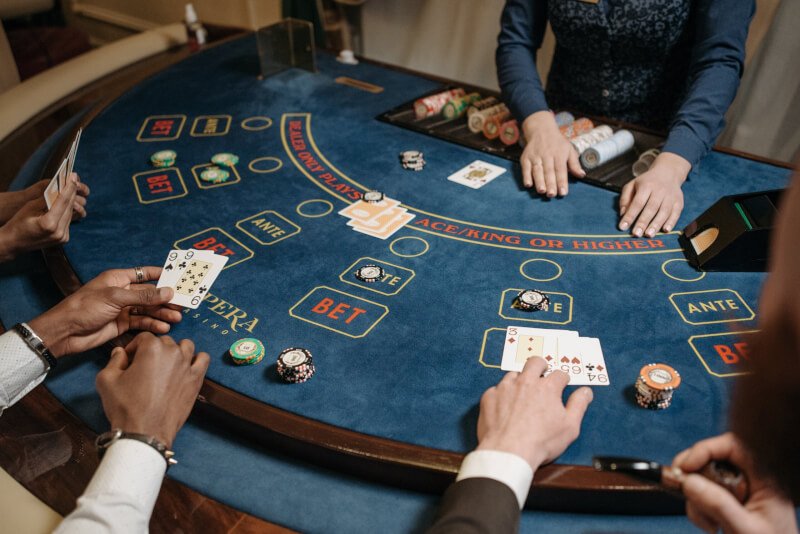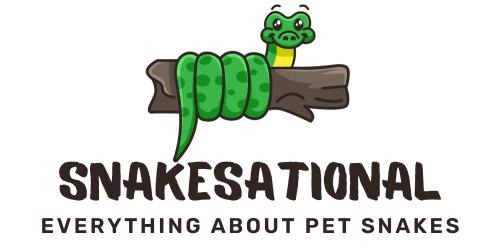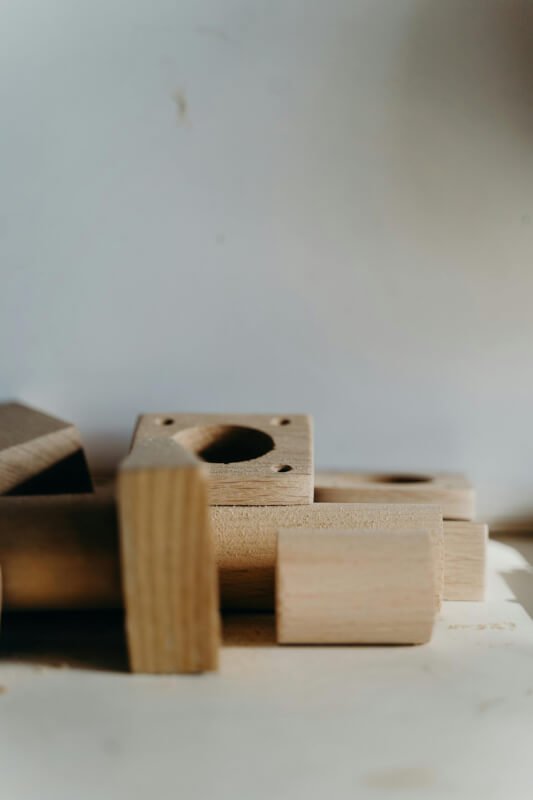If you’re the proud owner of a pet snake, it’s important to ensure their safety and well-being within your home. While we often think of snakes as intriguing and resilient creatures, there are common household items that can pose a serious threat to their health. From seemingly harmless objects to everyday products, this article uncovers the hidden dangers lurking in our homes that may harm our slithery friends. By being aware of these potential hazards, you can create a safer environment for your beloved snake and prevent any unnecessary harm.

Chemical Cleaning Products
Bleach
Bleach is a commonly used household cleaning product that can pose a danger to snakes if not used and stored properly. The strong chemical composition of bleach can cause irritation and burns if it comes into direct contact with a snake’s skin. It is important to ensure that any surfaces treated with bleach are thoroughly washed and dried before allowing your snake to come into contact with them. Additionally, be sure to store bleach securely in a location that is inaccessible to your snake.
Ammonia
Ammonia-based cleaning products, such as window cleaners or certain floor cleaners, can also be harmful to snakes. The fumes emitted by these products can irritate a snake’s respiratory system and may even lead to respiratory distress or other health issues. When using ammonia-based cleaners, it is best to do so in a well-ventilated area and to keep your snake away from the area until the fumes have dissipated.
Heavy duty cleaners
Heavy duty cleaners, including oven cleaners and drain cleaners, often contain harsh chemicals that can be extremely harmful to snakes. These products can cause chemical burns if they come into contact with a snake’s skin, and ingesting them can have severe consequences. It is crucial to keep these types of cleaners securely stored and away from your snake’s habitat to prevent accidental exposure.
Drain cleaners
Drain cleaners are highly corrosive and can be deadly for snakes if swallowed or if they come into contact with a snake’s skin. The strong chemicals in these products can cause severe burns and damage to a snake’s internal organs. It is essential to ensure that your snake cannot access areas where drain cleaners have been used and to dispose of any residual product safely and according to the manufacturer’s instructions.
Dishwashing detergents
While dishwashing detergents are generally safe for humans to use, they can be harmful to snakes if they come into direct contact with the snake’s skin or if the snake ingests them. Similar to other cleaning products, it is crucial to keep your snake away from recently cleaned dishes or surfaces until any residue has been thoroughly rinsed off.
Glass cleaners
Glass cleaners, often containing chemicals like ammonia or alcohol, can be hazardous for snakes if they come into contact with them. These cleaners can cause skin irritation, respiratory issues, and neurological problems in snakes. When cleaning windows or glass surfaces near your snake’s habitat, it is important to ensure proper ventilation and to keep your snake away from the area until the fumes and residue have dissipated.
By taking proactive measures to prevent your snake’s exposure to chemical cleaning products, you can help ensure their safety and well-being in your home.

Pesticides and Insecticides
Insect sprays
Common household insect sprays, such as those used to eliminate ants, mosquitoes, or flies, can contain toxic substances that can be harmful to snakes. These sprays often contain chemicals that can cause respiratory distress, neurological issues, or even death if inhaled or ingested by a snake. When using insect sprays in your home, it is crucial to keep your snake in a separate, well-ventilated area and to wait until the spray has settled before reintroducing your snake to its environment.
Rodenticides
Rodenticides are designed to eliminate rodents, but they can also pose a significant danger to snakes. These products typically contain toxic substances that can be lethal if consumed by a snake. It is essential to keep rodenticides well out of reach of your snake and to be cautious when using them in areas where your snake may roam. Opting for alternative methods of rodent control, such as trapping or natural deterrents, can be a safer choice for your snake and the environment.
Garden pesticides
Garden pesticides, such as those used to eliminate insects or weeds, can be toxic to snakes if they come into contact with the chemicals. These pesticides often contain substances that can cause harm to a snake’s skin, respiratory system, or overall health if ingested. When applying pesticides in your garden, take care to keep your snake away from treated areas until the chemicals have dissipated. It is crucial to opt for snake-safe pest control alternatives when possible to minimize the risk to your snake.
Ant baits
While ant baits may be effective at eliminating ant colonies, they can also be dangerous for snakes. These baits often contain toxins that can cause respiratory distress, neurological issues, or even death if ingested by a snake. To protect your snake, place ant baits in secure containers or areas that are inaccessible to your snake, ensuring that no accidental exposure can occur.
Slug and snail baits
Slug and snail baits are commonly used in gardens to protect plants from these pests, but they can be extremely hazardous for snakes. These baits often contain chemicals that are highly toxic to snakes if ingested. It is critical to keep your snake away from areas where slug and snail baits have been applied and to consider snake-friendly alternatives for pest control in your garden.
By being mindful of the potential dangers of pesticides and insecticides and taking proactive measures to prevent your snake’s exposure, you can help ensure their safety in and around your home.



